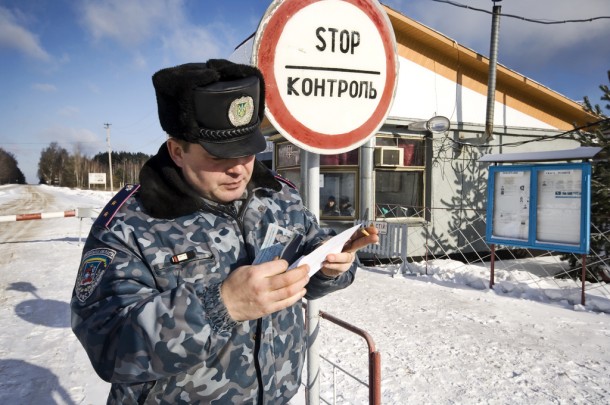RUSSIA. Last month’s downing of Malaysia Airlines Flight 17 (MH17) in Eastern Ukraine has been something of a game changer for Russian President Vladimir V. Putin. The flight was brought down by what is now suspected to be a Russian-made anti-aircraft missile, fired by pro-Russian separatists. The details of the actual mechanism by which the rebels downed the plane seem fuzzy, but the most likely explanation is that they did so mistaking it for Ukrainian military aircraft.
These actions have only solidified suspicions by many in the international community of Putin’s support of the separatists in Ukraine—deemed “terrorists” by Petro Poroshenko and his new government in Western Ukraine. In Putin’s eyes, the annexation of Crimea earlier this year was a strategic geopolitical move. Following the same logic, maintaining a firm grip on Ukraine is a vital national interest to not only gain influence but also to prevent it from joining NATO, following the path of former members of the Warsaw Pact such as Romania, Estonia and Slovakia, among others. Putin’s actions are not irrational or unfounded, however. His neo-imperialist stance envisions a “new Russia,” that is not unlike the “old Russia” of the Soviet Union, to return the country to its old, no-nonsense and somewhat respectable glory days. His actions are consistent with this view, such as the repression of journalists and the backing of autocratic regimes and dictatorships like Syria or Iran.
Although Putin’s strategic vision is not the first in history, his course of action is unorthodox. The seemingly loyal rebels made a mistake, leaving Russia responsible. It has become blatantly obvious that maintaining plausible deniability in Ukraine by clandestinely arming separatists will come back to bite you in the ass. Hasn’t Putin seen the lesson of Pakistan, whose support of the Taliban in Afghanistan has now roused an insurgency in North Waziristan? U.S. President Barack Obama remarked “…Russia is once again isolating itself from the international community by setting back decades of genuine progress.”
Arguments for a direct military confrontation are incredibly weak for several reasons, one of them being the fact that two nuclear powered states are very unlikely to go to war under the realist theory of mutually assured destruction (MAD) just for the sake of a small, relatively insignificant state. Some believe the US and EU should persuade Russian leaders with incentives to change their course of action, but that sends a message to the international community that rewards an aggressive state, setting a dangerous precedent for not only Russia but other states. The most feasible option that was left on the table is a form of coercive diplomacy: economic sanctions.
Prior to the downing of the plane, Putin was enjoying a level of popularity and a soaring approval rating within Russia, as well as a degree of international respect. Western opposition was present, but economic sanctions that were in place only targeted select individuals in the Kremlin. More punitive sanctions were adopted by the United States and the European Union following the MH17 disaster, including provisions to close markets to Russian state banks, to place an embargo on new weapons sales and to ban member states from engaging in new defense contracts with Russia. Putin retaliated by withdrawing from the Intermediate Range Nuclear Forces (INF) Treaty, which bans the testing of intermediate range missiles that are in a range of 300 to 3,400 miles, and later ordered an import ban on European and American agricultural products for one year.
Although some are quick to dismiss economic sanctions as the softest form of coercive diplomacy, sanctions may change Putin’s course of foreign policy. It’s important to acknowledge that we don’t know how, when, or if sanctions in place will even work. Such analysis is best done in hindsight, and its impact(s) are typically visible in the long run. Unfortunately, some believe that Russian actions will only get worse before they get better, which is not a far-fetched notion. The international community is worried about the potential of a Russian invasion of Ukraine on the pretense of the delivery of humanitarian aid. NATO member states are currently trying to deter Russia from taking substantial action, which clearly is not working. I guess we’ll just have to wait and see how this plays out.

